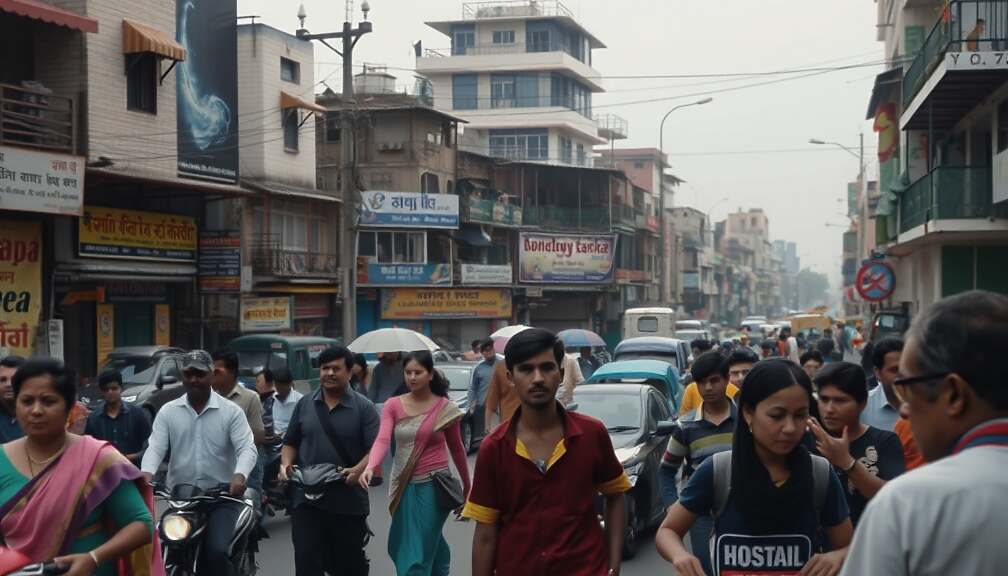The former Prime Minister of Bangladesh, Sheikh Hasina Wajed, has been convicted of crimes against humanity, a verdict delivered amidst heightened political tension and security concerns. The ruling, handed down in absentia while Hasina remains in exile in India, follows a months-long trial focusing on her alleged role in ordering a deadly crackdown on student protests last year.
The judiciary found Hasina responsible for actions resulting in the tragic loss of life during the unrest, with estimates placing the death toll at up to 1,400 individuals. The prosecution had initially sought the death penalty, reflecting the gravity of the accusations leveled against the former leader. The specific sentencing remains pending, adding further uncertainty to an already volatile situation.
The conviction occurs against a backdrop of substantial political instability and represents a significant challenge to the current administration. Critics are questioning the impartiality of the judicial process, particularly given Hasina’s prominent political standing and ongoing exile. Concerns have been raised regarding the potential for the trial to be exploited for political maneuvering and to further exacerbate existing divisions within Bangladeshi society.
In anticipation of the verdict, a heavy security presence, comprising paramilitary border guards and police forces, was deployed throughout Dhaka and other major cities. Demonstrating widespread discontent, Hasina’s political party has called for a nationwide strike to protest the court’s decision. This planned disruption underscores the deep-seated resentment and the potential for further unrest following the ruling. The situation highlights a critical juncture for Bangladesh, demanding careful navigation to ensure stability and uphold the principles of due process.












